(PLVN) - In Can Tho City, the Vietnam Rice Industry Association has just organized a Forum on Solutions to replicate successful pilot models of the Project on sustainable development of one million hectares of high-quality, low-emission rice cultivation associated with green growth in the Mekong Delta by 2030.
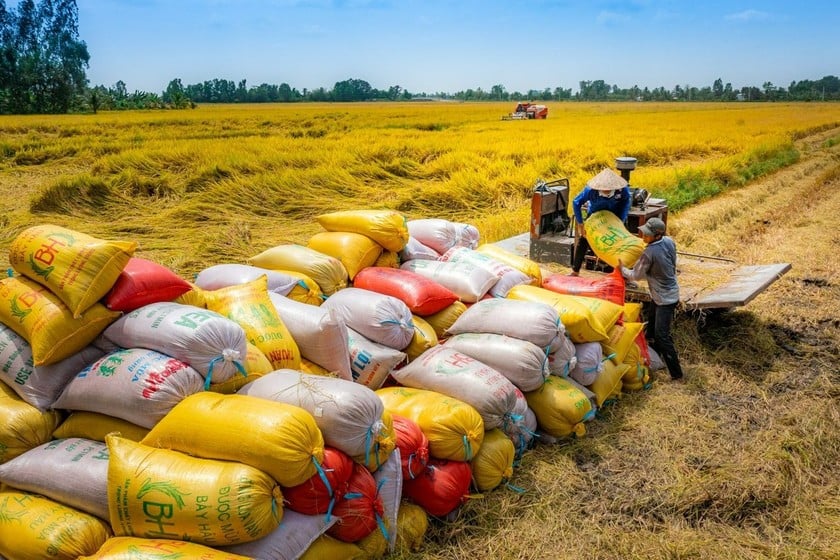 |
| The 1 million hectares of high-quality rice project is implementing 7 pilot models. (Photo: Nhat Ha) |
(PLVN) - In Can Tho City, the Vietnam Rice Industry Association has just organized a Forum on Solutions to replicate successful pilot models of the Project on sustainable development of one million hectares of high-quality, low-emission rice cultivation associated with green growth in the Mekong Delta by 2030.
The 1 million hectares of high-quality rice project was implemented by the Ministry of Agriculture and Rural Development in coordination with localities, organizations and enterprises to deploy 7 pilot models in 5 provinces and cities in the Mekong Delta region: Dong Thap, Kien Giang, Can Tho, Soc Trang and Tra Vinh. Initially, the results from these pilot models have brought high efficiency, increased profits for farmers and reduced emissions in rice production.
Mr. Le Thanh Tung, Deputy Director of the Department of Crop Production (Ministry of Agriculture and Rural Development) said that when farmers actively participate with the cooperation of enterprises and authorities at all levels, it is showing many positive signs. Mr. Tung commented: "Vietnamese rice is not inferior in quality to any other country, but its value has not been improved. Vietnam is at an emission level of 0.9%, which is higher than Southeast Asian countries such as the Philippines, Thailand...".
To expand the project's implementation area, according to Mr. Tung, it requires participating localities to unify and properly implement the farming process that has been applied in the 7 recent pilot models and the participation of enterprises, and orientation of rice consumption.
"The expansion of rice cultivation areas participating in the project must also follow a roadmap, and must be calculated based on the capacity and finances of cooperatives and enterprises. Enterprises should be assigned to small clusters so that they can control the quality of rice and stabilize it and shape their brand," said Mr. Tung.
Mr. Tran Minh Hai, Vice Principal of the School of Public Policy and Rural Development, believes that developing cooperatives is the core foundation for the successful implementation of the 1 million hectares of high-quality, low-emission rice project. Increasing the number of cooperative members will be the direction in the coming time to help expand the production area, while creating conditions for the application of mechanization and modern technologies in agriculture.
Currently, an average cooperative in the Mekong Delta has only about 80 members, much lower than the national average of 200 members and the 1,500 members in Thailand. Mr. Hai proposed that the establishment of medium-sized cooperatives (50-100 members) not only meets the requirements of the 2023 Cooperative Law but also helps improve production capacity and meet strict market standards.
When cooperatives become strong organizations, capable of effective management and meeting market demands, they will play a core role in the modern rural economy. There is a need for strong cooperatives to develop value chains, create quality products, contribute to improving the lives of members and improving the efficiency of agricultural production.
In addition, the State and financial institutions need to create more favorable conditions for the linkage between cooperatives and enterprises. Capital support, interest rate reduction and other preferential policies will encourage enterprises to cooperate with cooperatives to expand production scale. For example, Can Tho People's Committee has directed the Department of Agriculture and Rural Development to advise on policies to support interest rates for cooperatives and farmers in the Project area.
Mr. Hai also suggested that banks should be flexible in disbursing loans, and can lend through affiliated enterprises or intermediary organizations representing farmers. This is a form of chain mortgage, helping to minimize risks and increase capital efficiency.
Source: https://baophapluat.vn/de-an-1-trieu-ha-lua-chat-luong-cao-giai-phap-nhan-rong-cac-mo-hinh-thi-diem-thanh-cong-post532848.html


![[Photo] Nearly 2,000 people enthusiastically participated in the Olympic Running Day - For the security of the Fatherland](https://vstatic.vietnam.vn/vietnam/resource/IMAGE/2025/3/27/33bed26f570a477daf286b68b14474d4)
![[Photo] Prime Minister Pham Minh Chinh receives Chairman of Skoda Auto Group](https://vstatic.vietnam.vn/vietnam/resource/IMAGE/2025/3/27/298bbec539e346d99329a8c63edd31e5)

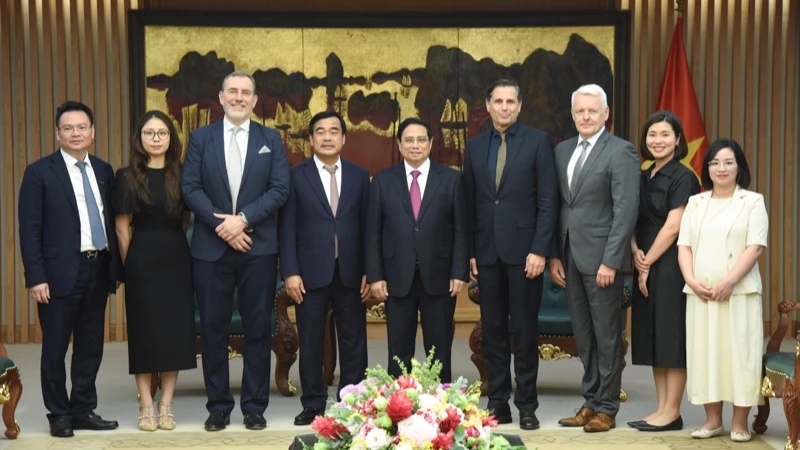




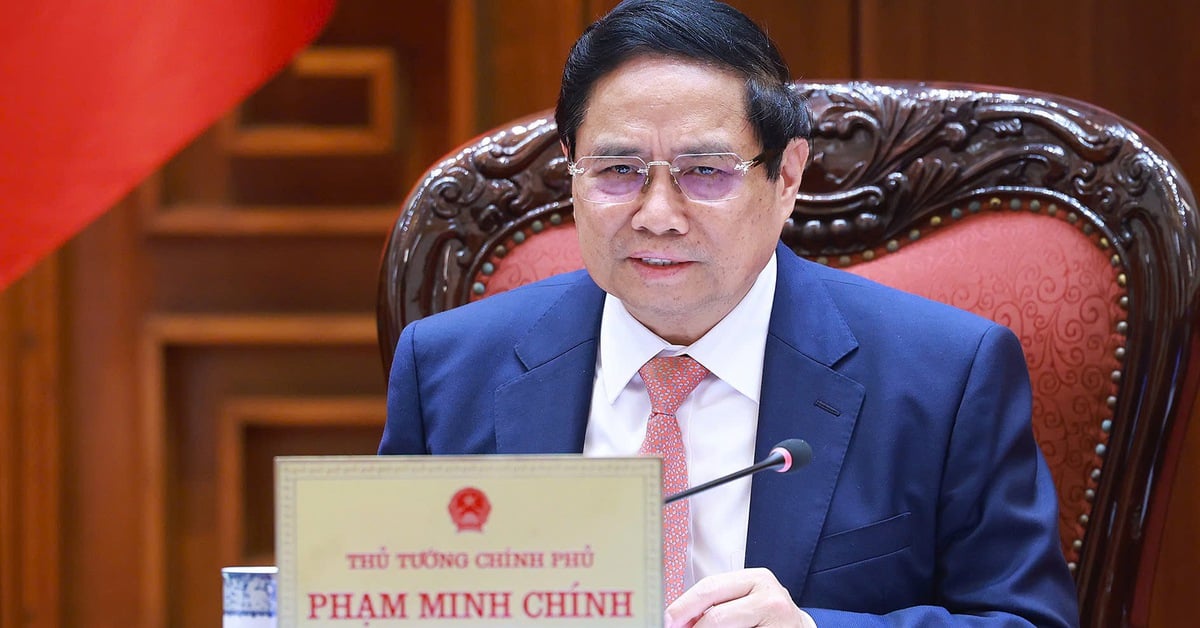

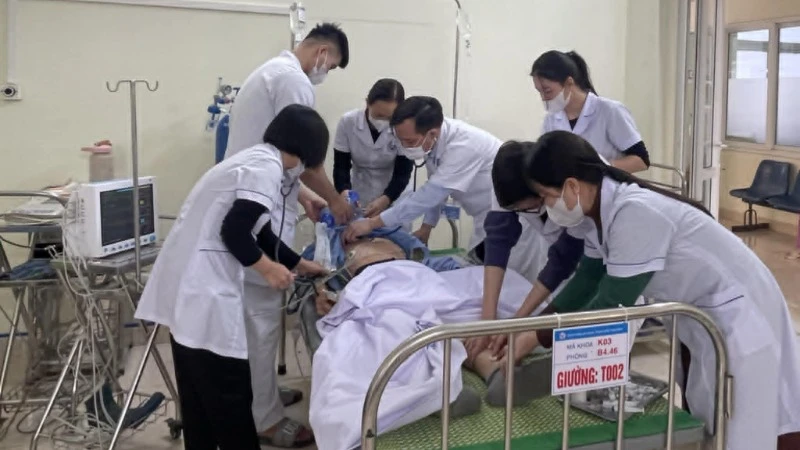

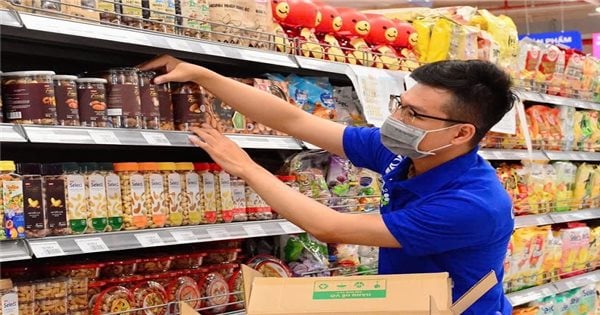





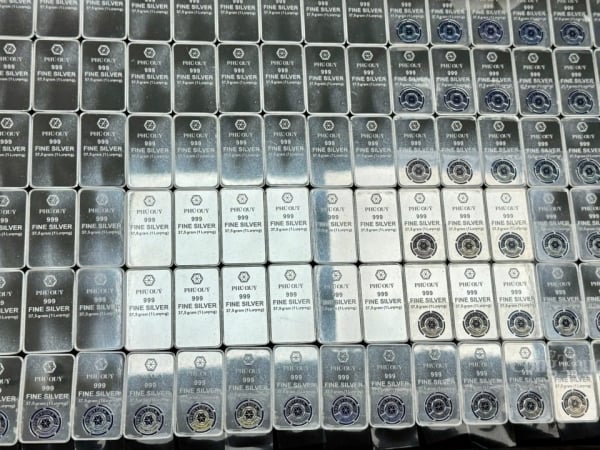


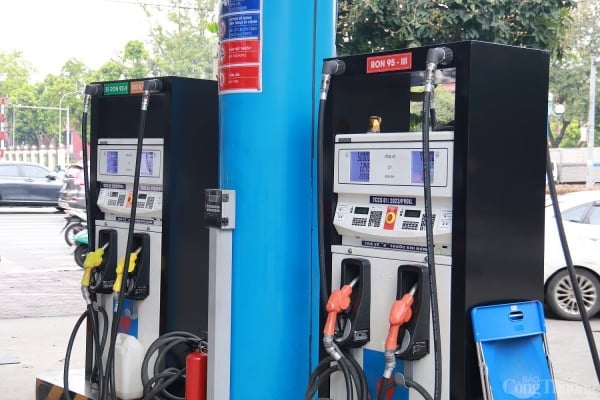




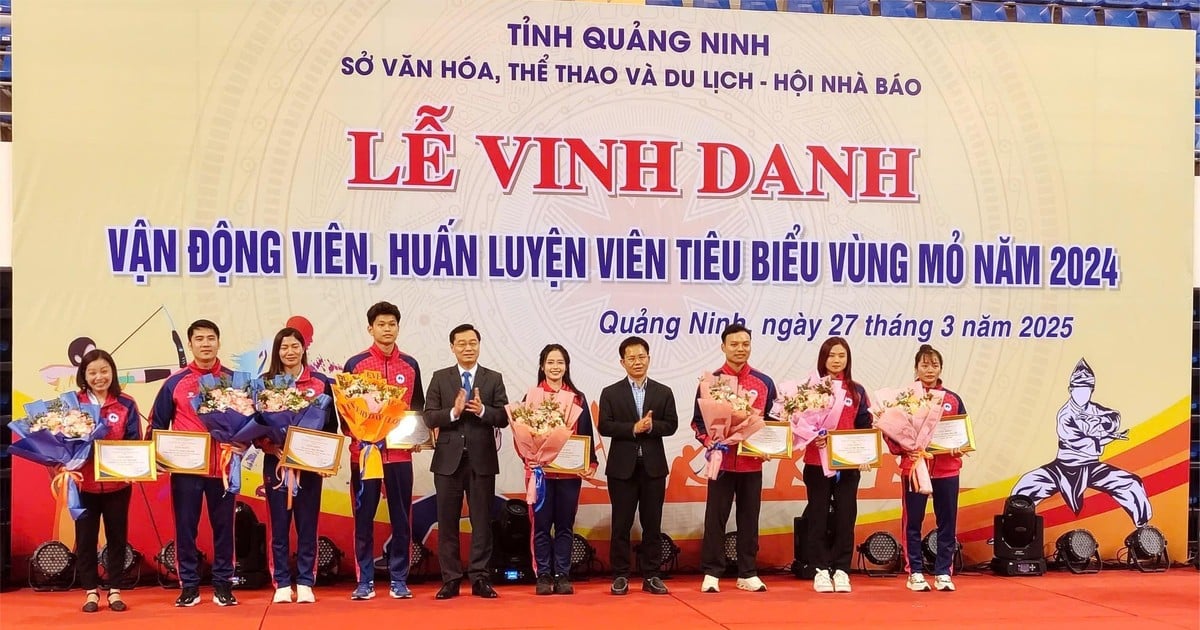

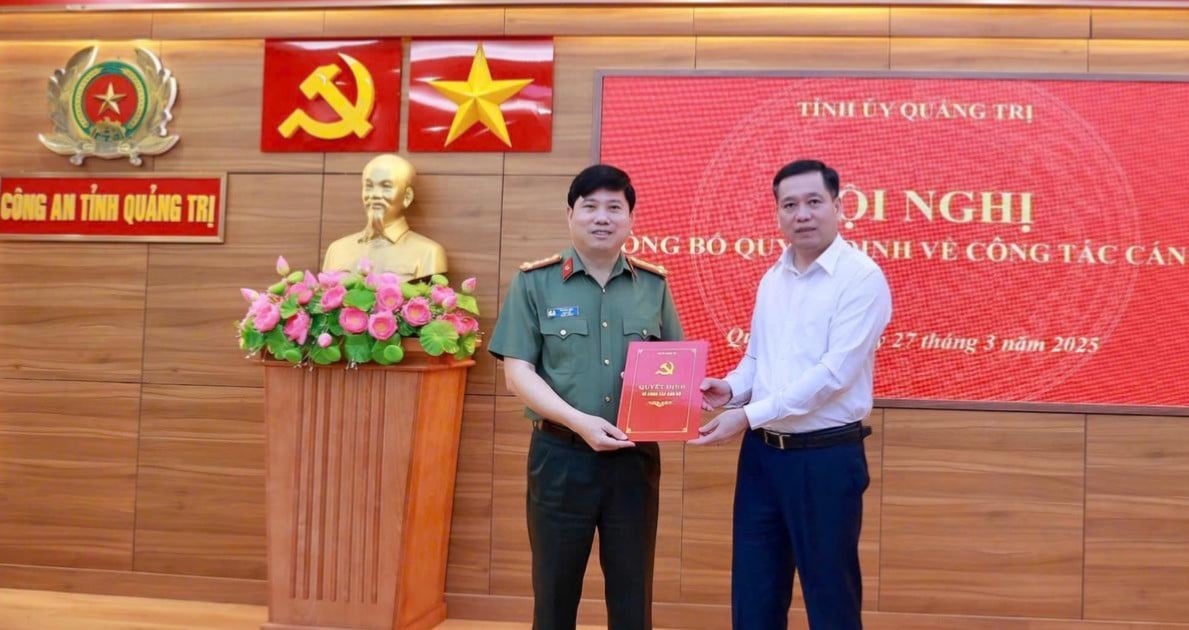
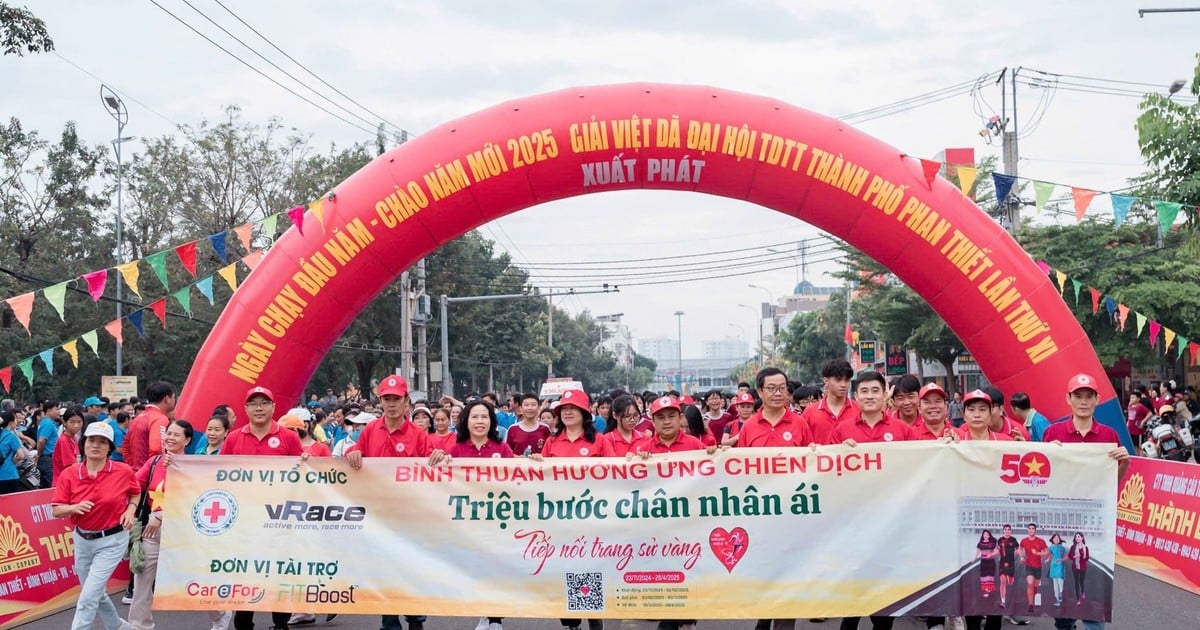
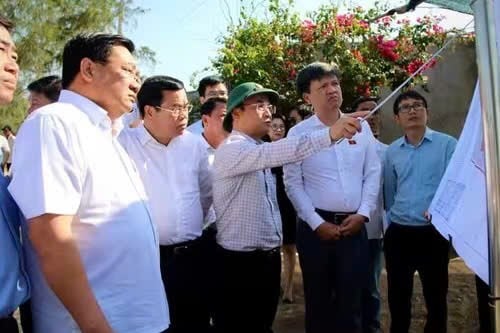
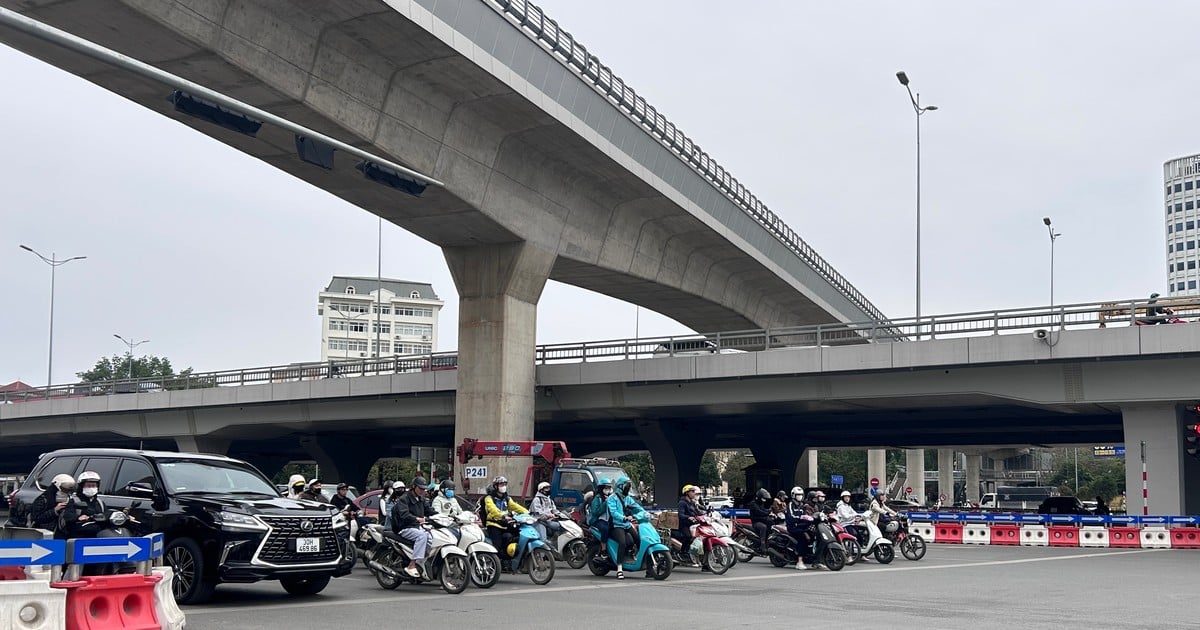
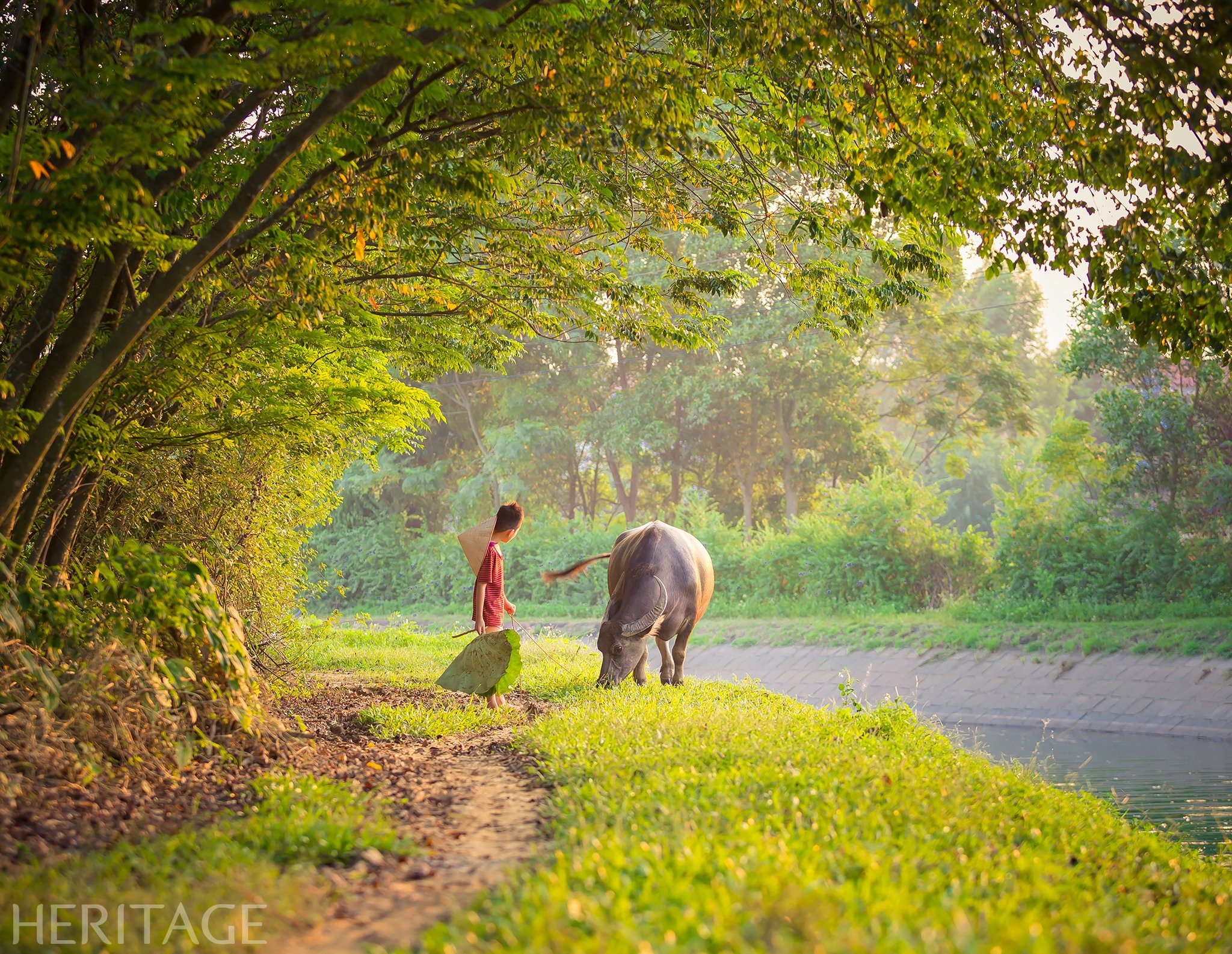


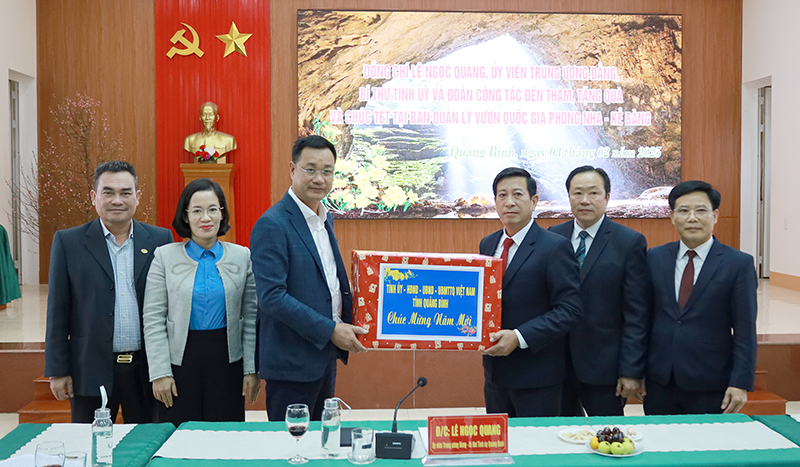

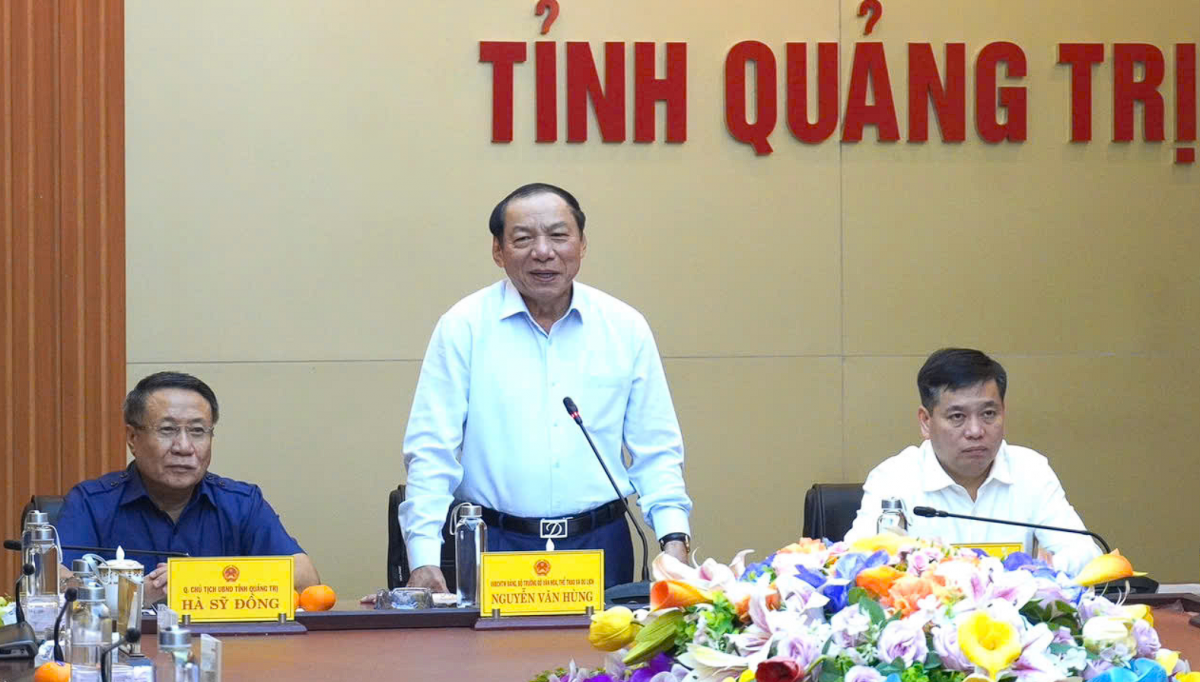

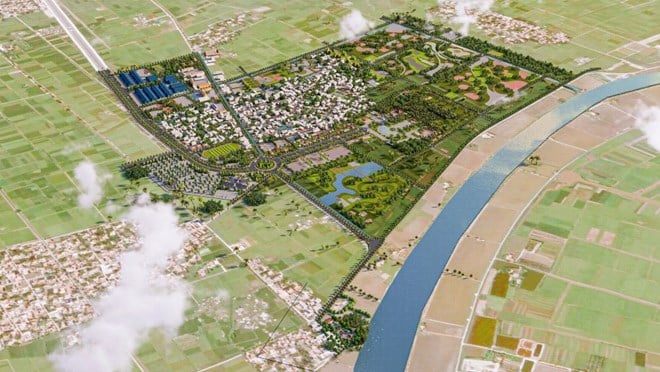



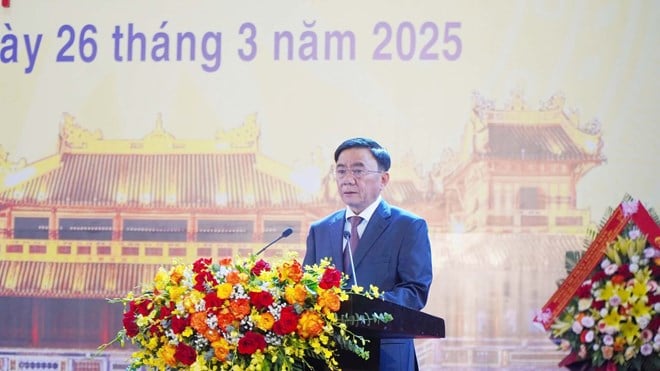
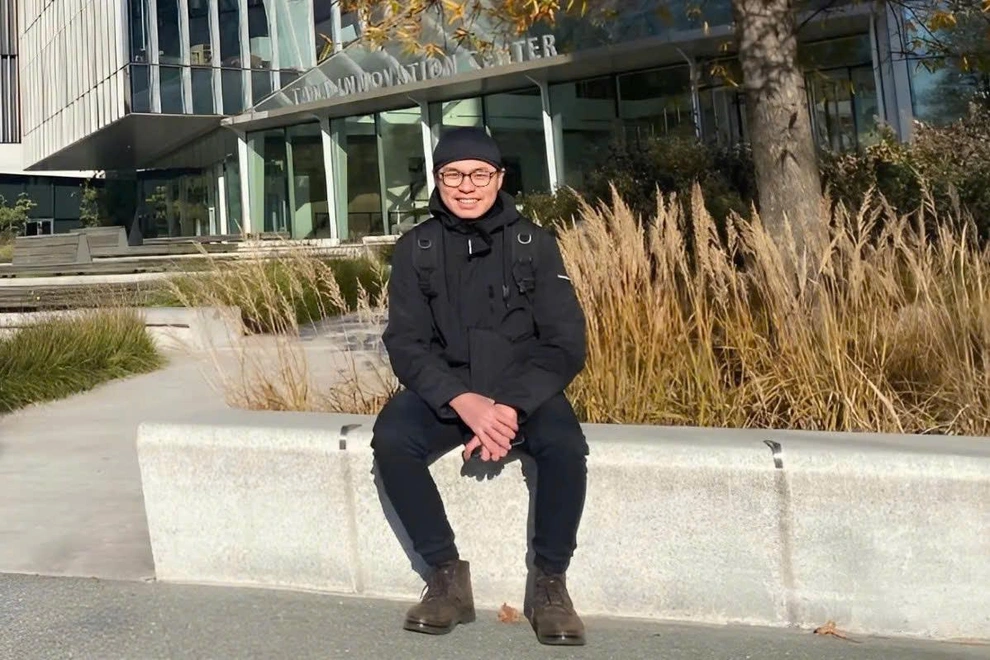




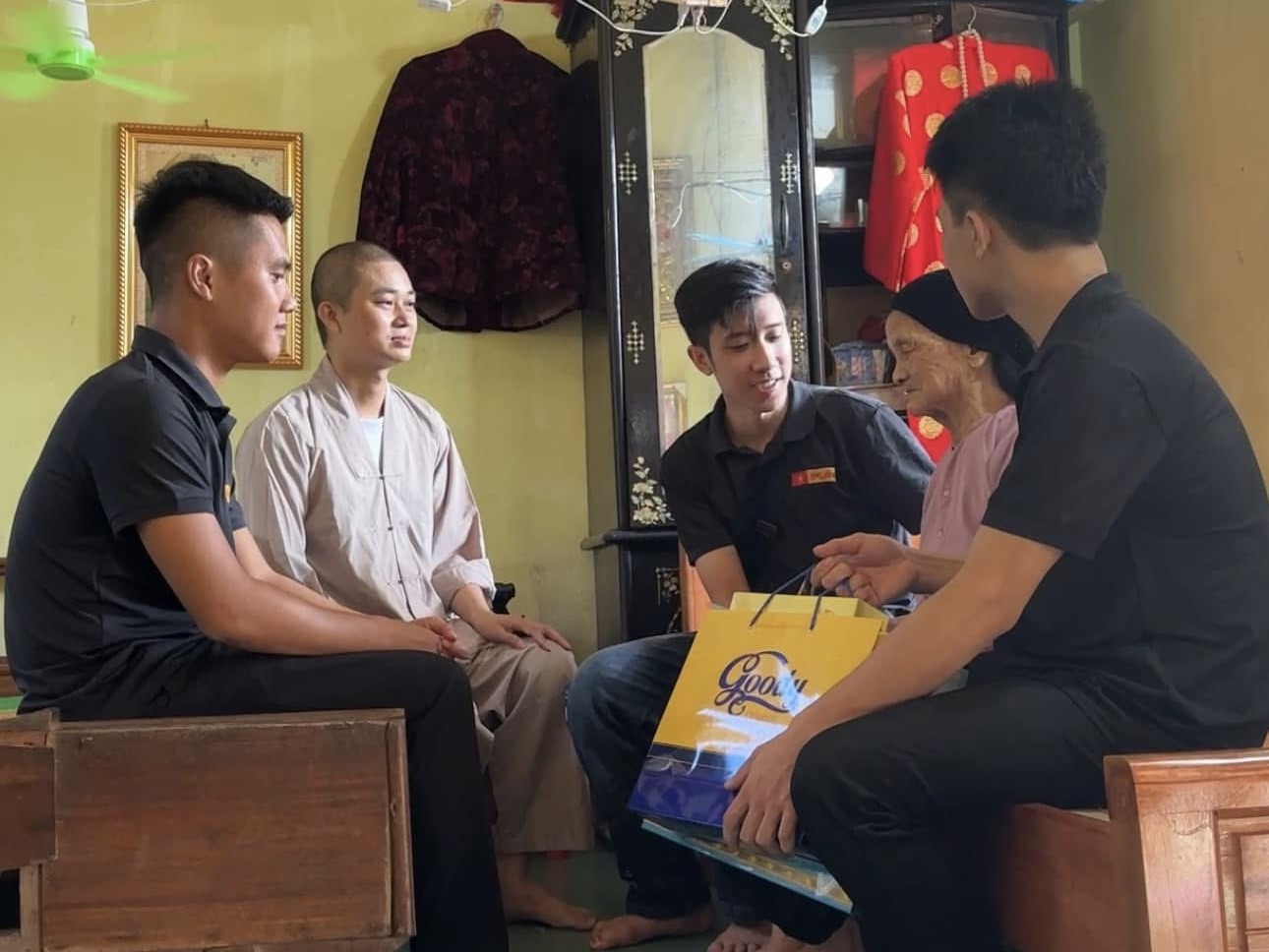




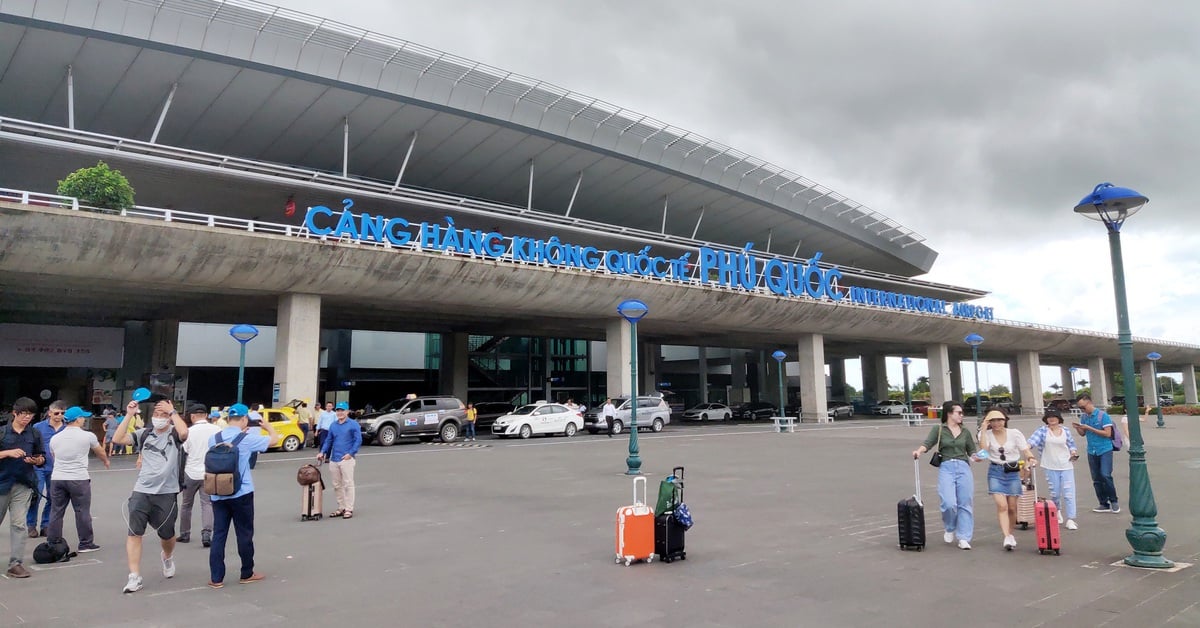
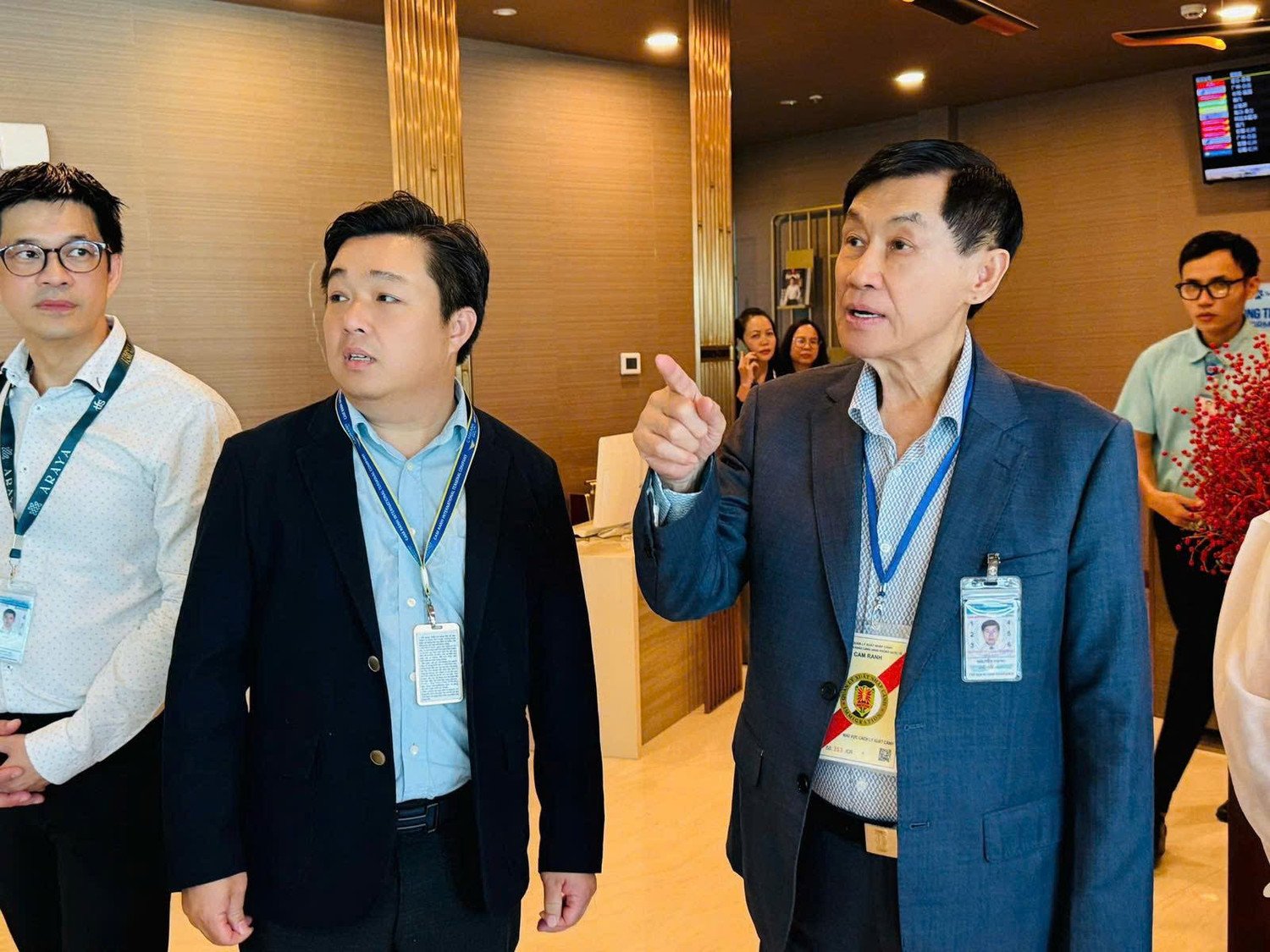

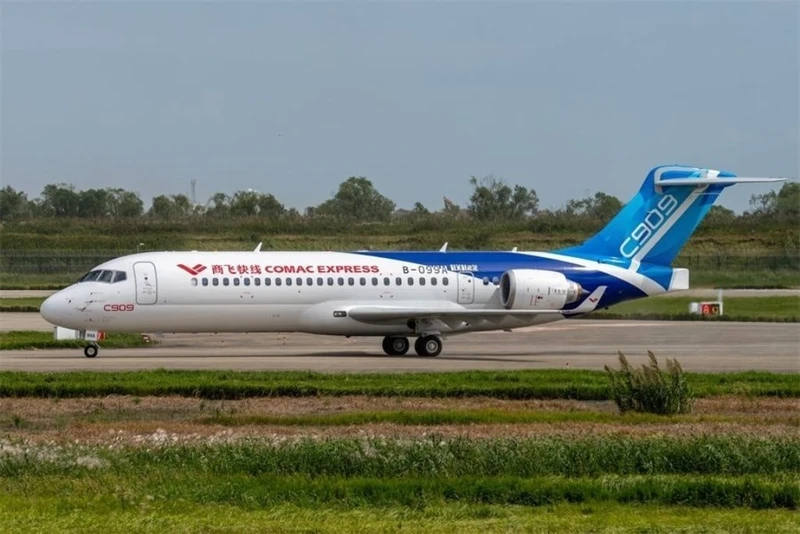

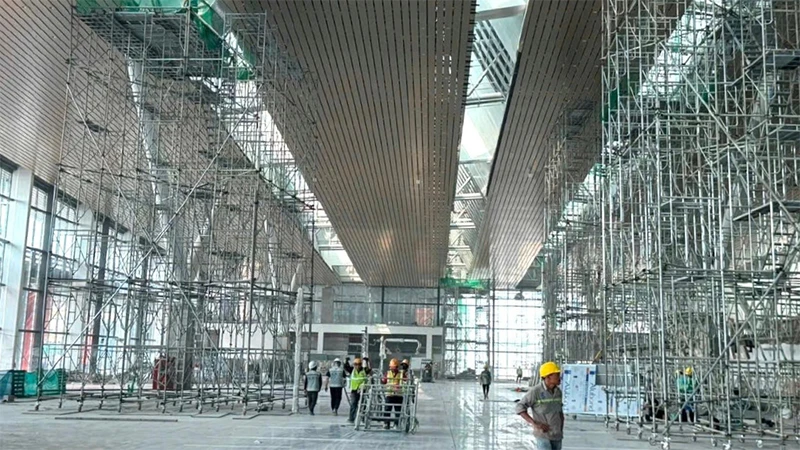
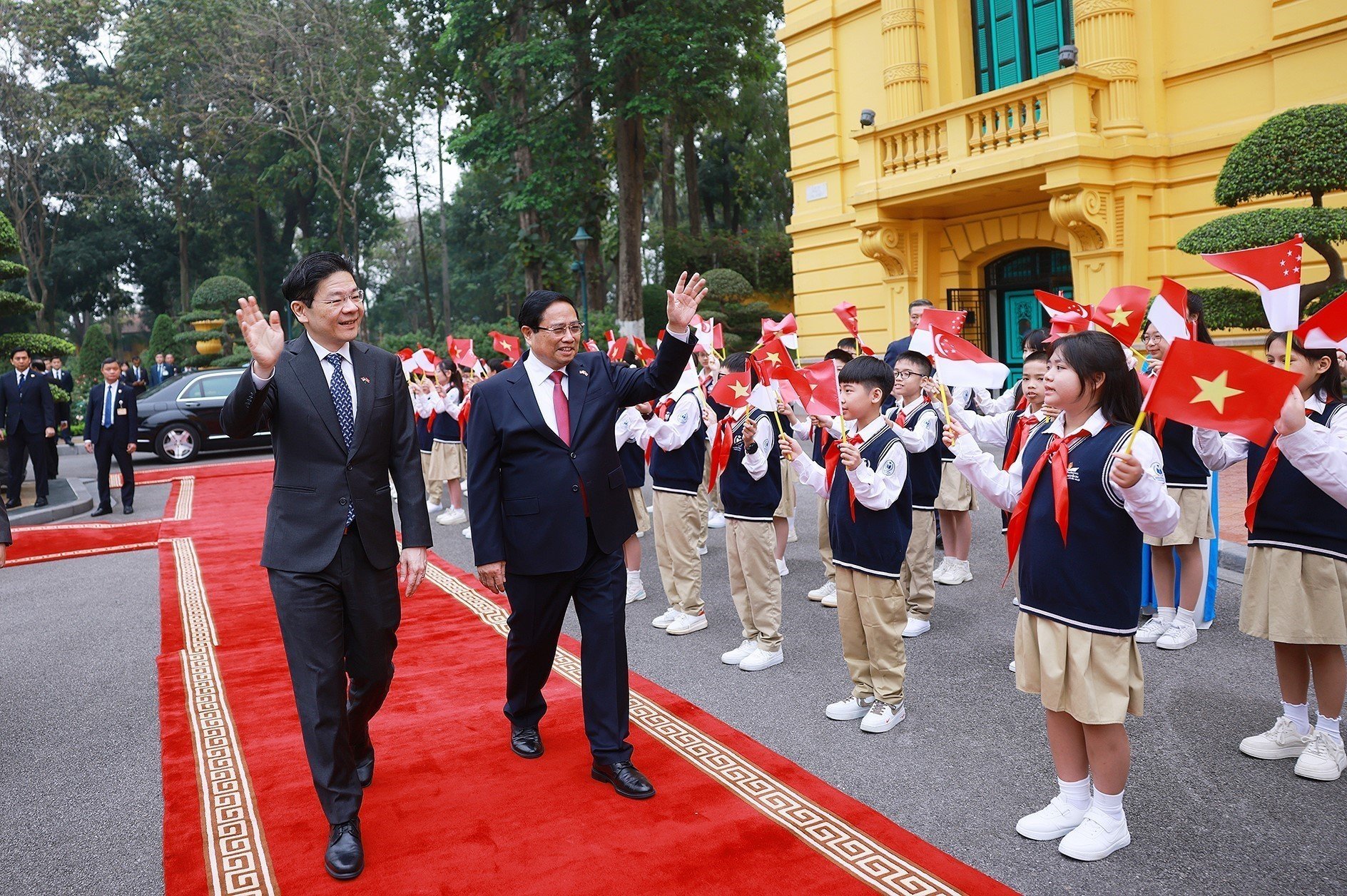


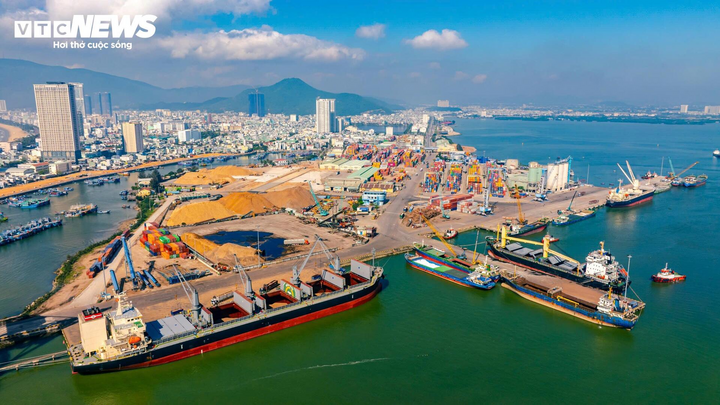



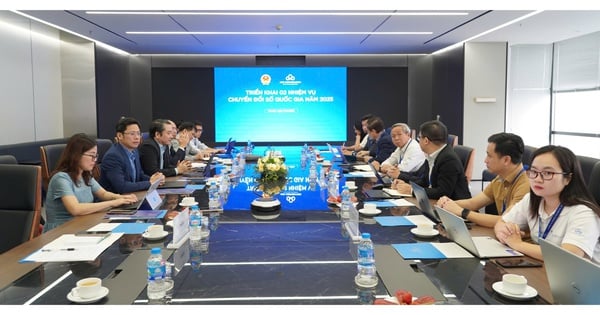

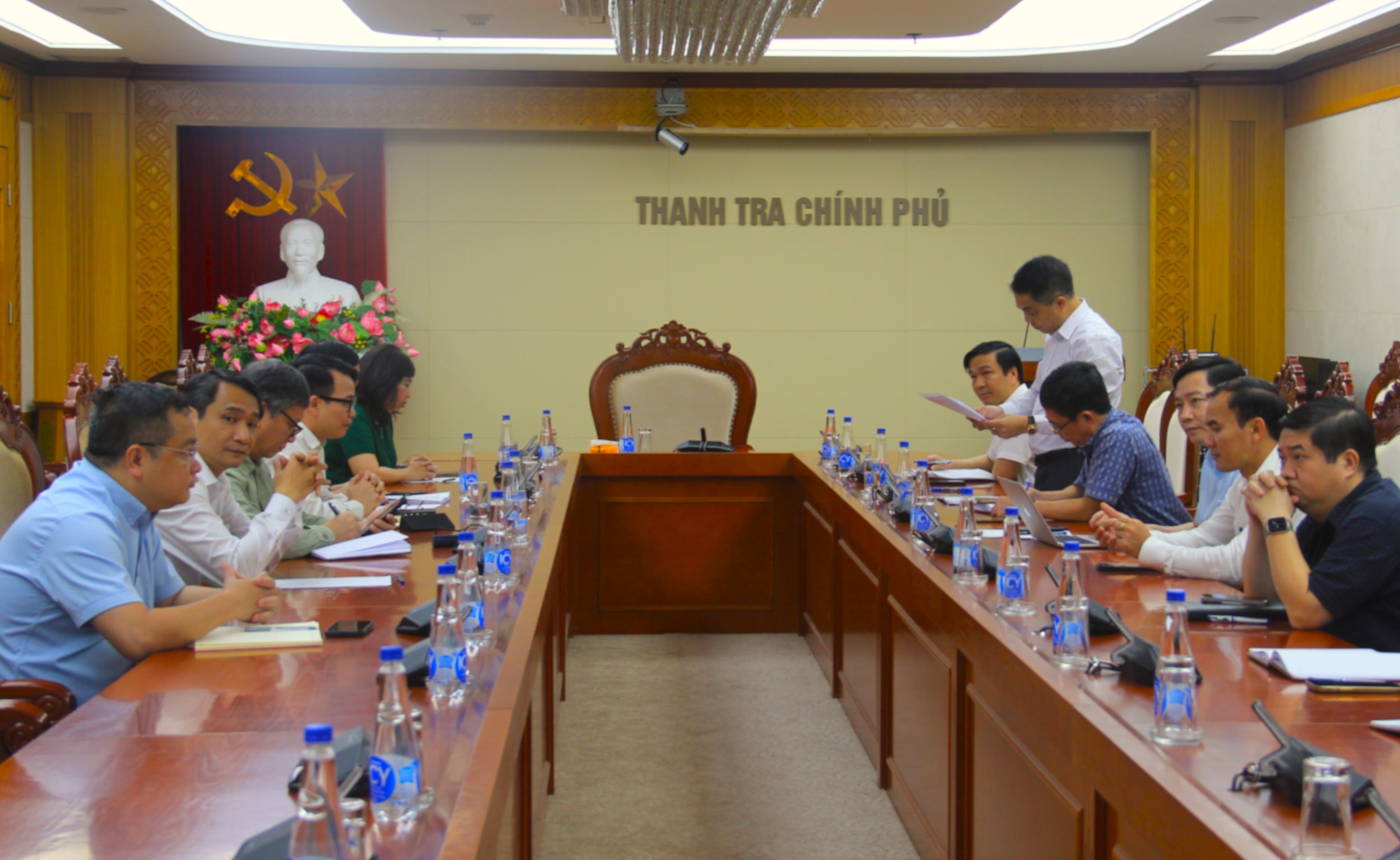

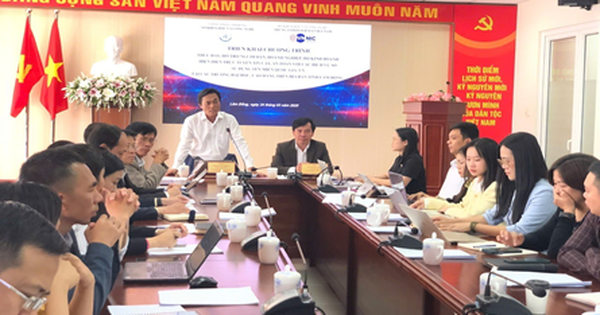


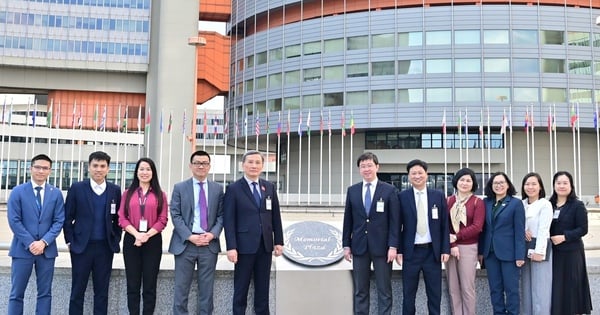

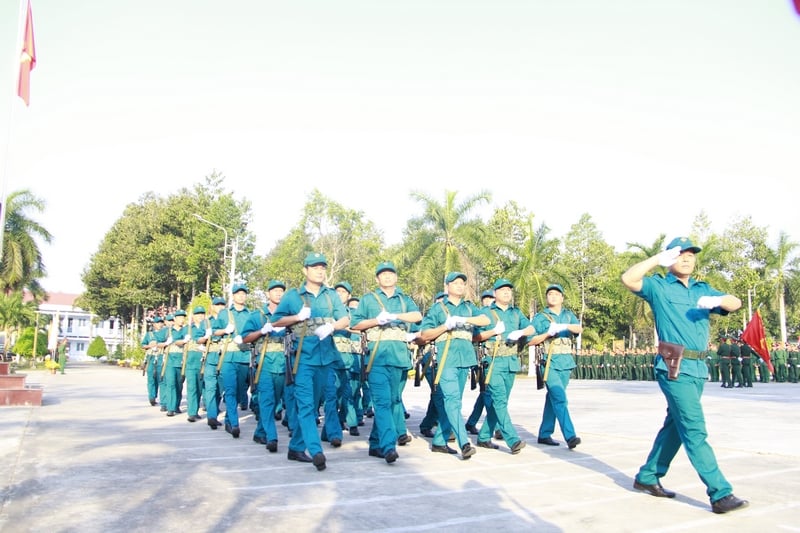


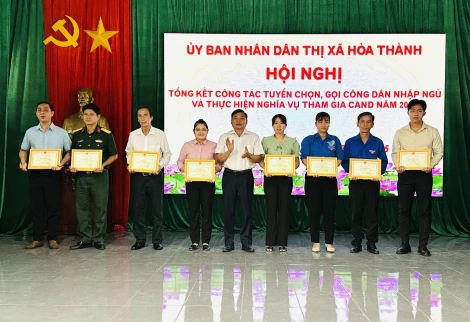
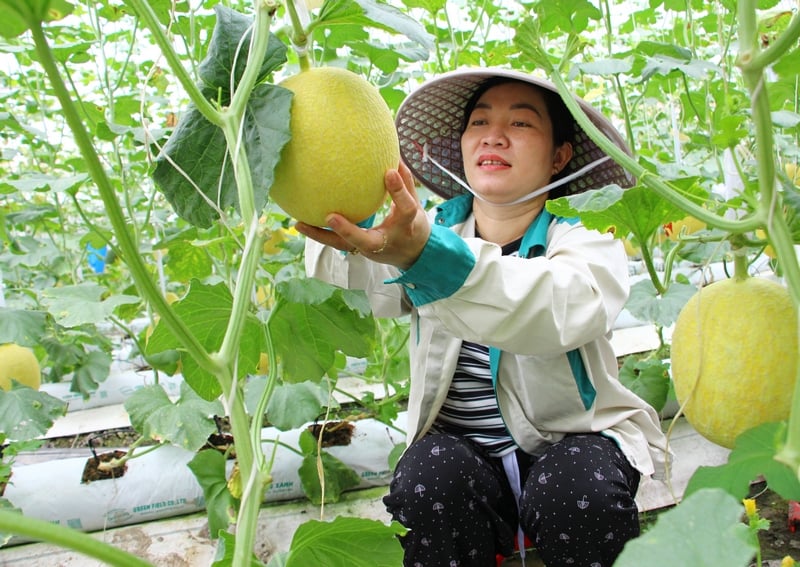


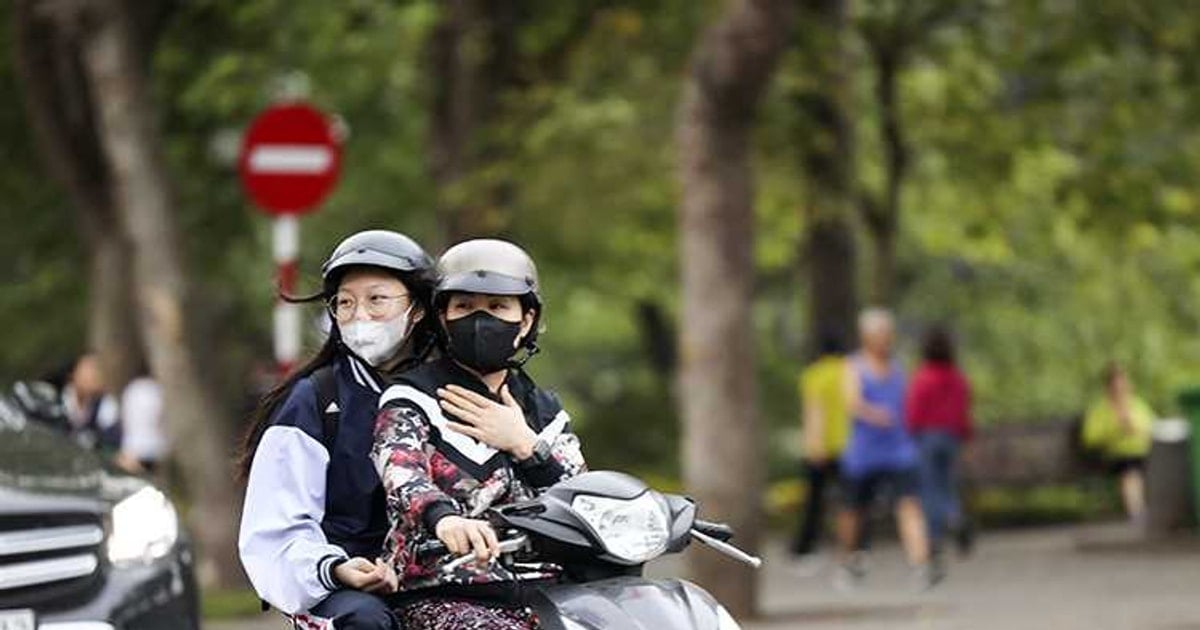
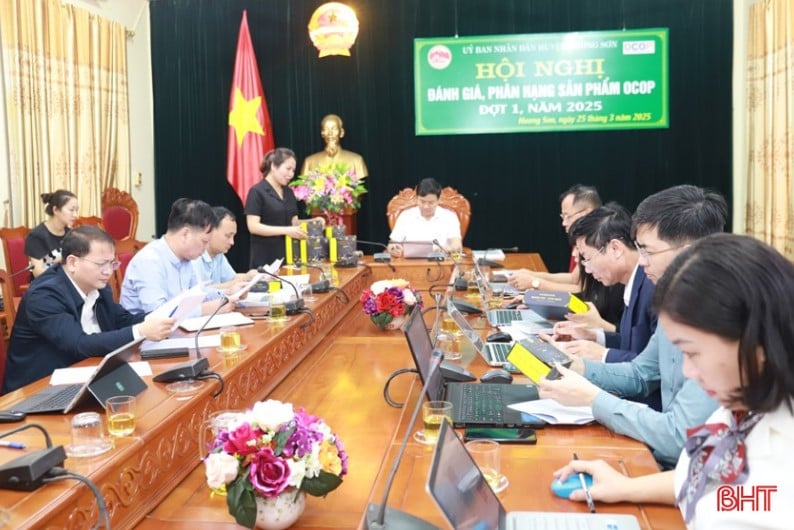

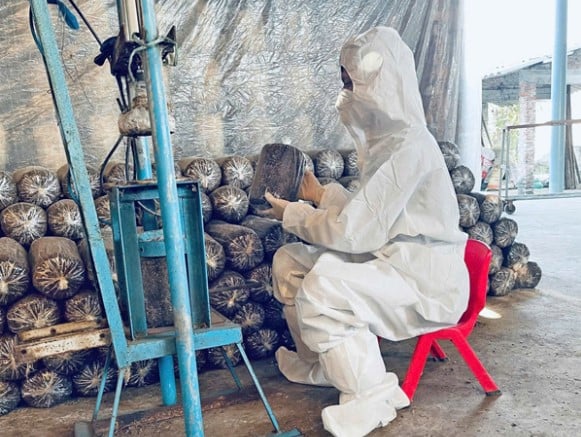
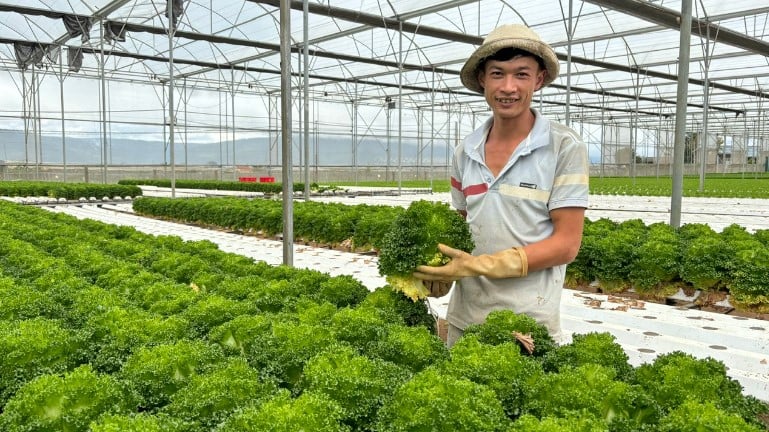



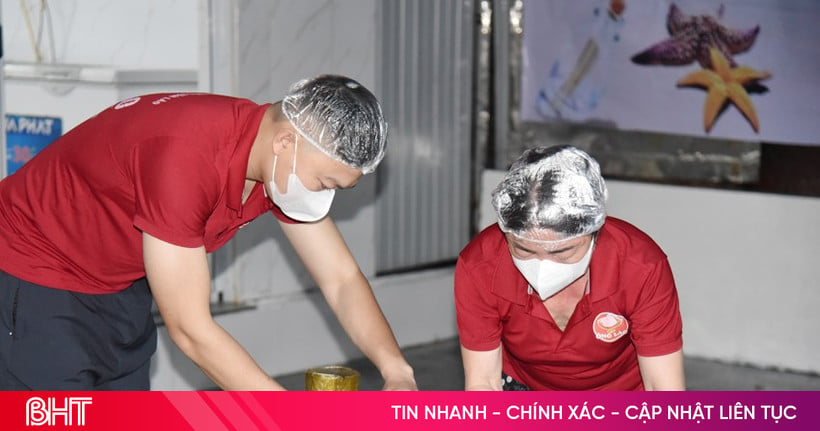
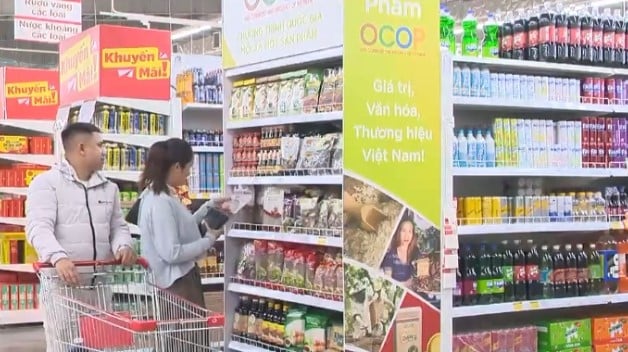

Comment (0)